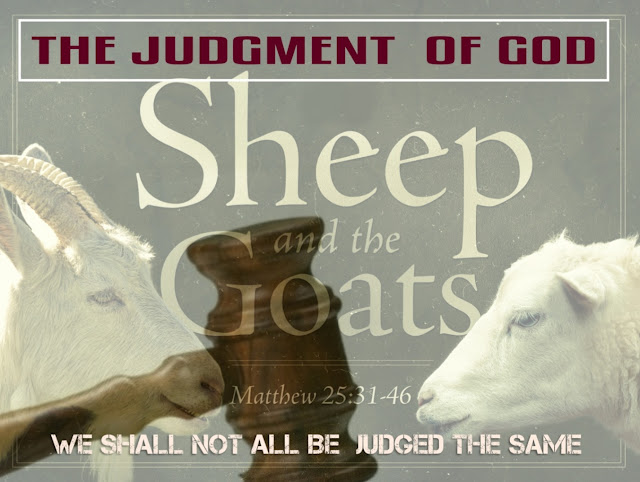BOBSERVATIONS COLUMN
Pastor Bob Lawrenz
The story of Jesus on the sea of Galilee calming the winds, is one of the most breathtaking examples of the power of God. Suddenly, as the Apostles in the boat with Him, they grew fearful of loosing their lives, Jesus stood up and calmed the wind and the seas.
Most in the boat with Jesus were seasoned fishermen, and familiar with the weather patterns that blew through the Arbel from the Mediterranean Sea. And just as suddenly as the winds died down, the Apostles beheld Jesus in awe and wonder.
Mark 4:39-41 –
“And he arose, and rebuked the wind, and said unto the sea, peace be still. And the wind ceased, and there was a great calm. And he said unto them, Why are ye so fearful? How is it that you have no faith? And they feared exceedingly, and said to one another, ‘What manner of man is this, that even the wind and the sea obey him.’”
Jesus showed the Apostles something specific about Himself. Clearly, He was more than just a man, and this was something they should never forget. They should have, should have been reminded of the Psalm of David. Psalm 6:6-7- “The one who by his strength established the mountains, being girded with might; who stills the roaring of the seas, the roaring of their waves, the tumult of the peoples,…”
The story of Jesus on the sea of Galilee calming the winds, is one of the most breathtaking examples of the power of God. Suddenly, as the Apostles in the boat with Him, they grew fearful of loosing their lives, Jesus stood up and calmed the wind and the seas.
Most in the boat with Jesus were seasoned fishermen, and familiar with the weather patterns that blew through the Arbel from the Mediterranean Sea. And just as suddenly as the winds died down, the Apostles beheld Jesus in awe and wonder.
Mark 4:39-41 –
“And he arose, and rebuked the wind, and said unto the sea, peace be still. And the wind ceased, and there was a great calm. And he said unto them, Why are ye so fearful? How is it that you have no faith? And they feared exceedingly, and said to one another, ‘What manner of man is this, that even the wind and the sea obey him.’”
Jesus showed the Apostles something specific about Himself. Clearly, He was more than just a man, and this was something they should never forget. They should have, should have been reminded of the Psalm of David. Psalm 6:6-7- “The one who by his strength established the mountains, being girded with might; who stills the roaring of the seas, the roaring of their waves, the tumult of the peoples,…”
How often have we read of storms in the Old Testament that worked out in favor of the Israelites in battles against their enemies. The One who controls the weather can control all things.
When we hear of two popular winds, El Nino, and La Nina off the Pacific Coast, we can see how these storms of God can impact lives in a variety of ways. We are currently in the midst of La Nina. It is a cold wind off the ocean, and it alters our “jet stream” and changes how winter weather patterns affect our whole nation.
The years of La Nina are the years I am personally most wary of. When we talk of climate change we are not speaking of global warming. To me, it means multiple freezes and thaws, sometimes on a daily basis. It raises havoc with our frail bodies and puts additional stress on our immune system. If you have respiratory distress of any kind, then you hate El Nina years like I do.
Consequently, church is not open tomorrow. If the threat of Omicron, or Covid’s most recent variants aren’t enough, then colds, bronchitis and maybe pneumonia round out the threat to our lungs and our ability to breath.
When we think that God’s Word says we are fearfully and wonderfully made, then we can identify our strengths and our weaknesses. Remain flexible; follow the leadings of the Lord, and know when He says, “rest a while.” No soldier of God is ever on the front lines of the battle 24/7/365. Be ready to rest in Him when He calls you aside.
Announcement: Because service had to be cancelled this week, there will not be an audio message. We will resume our study in the book of Matthew, next week. Join us as we study God's Word.






